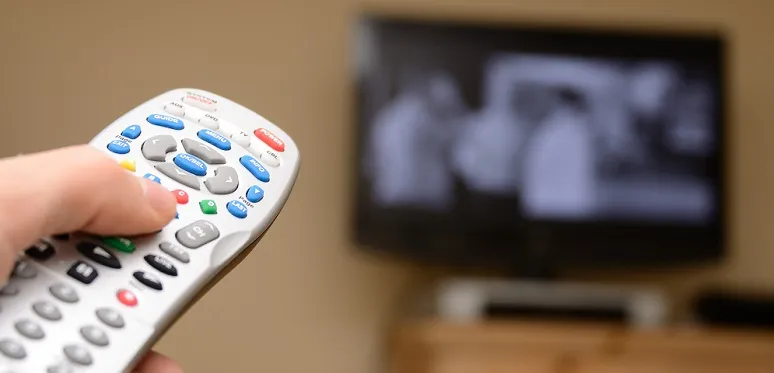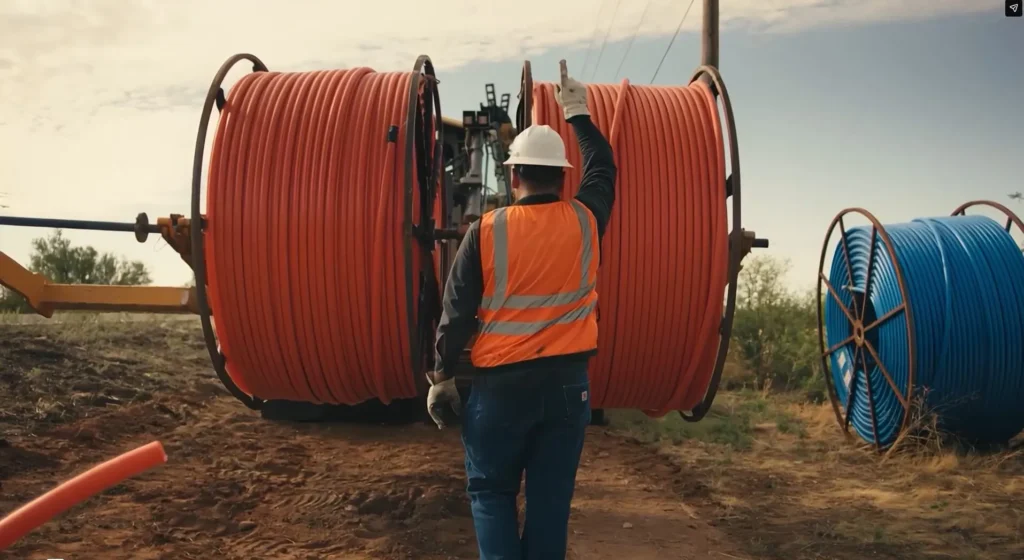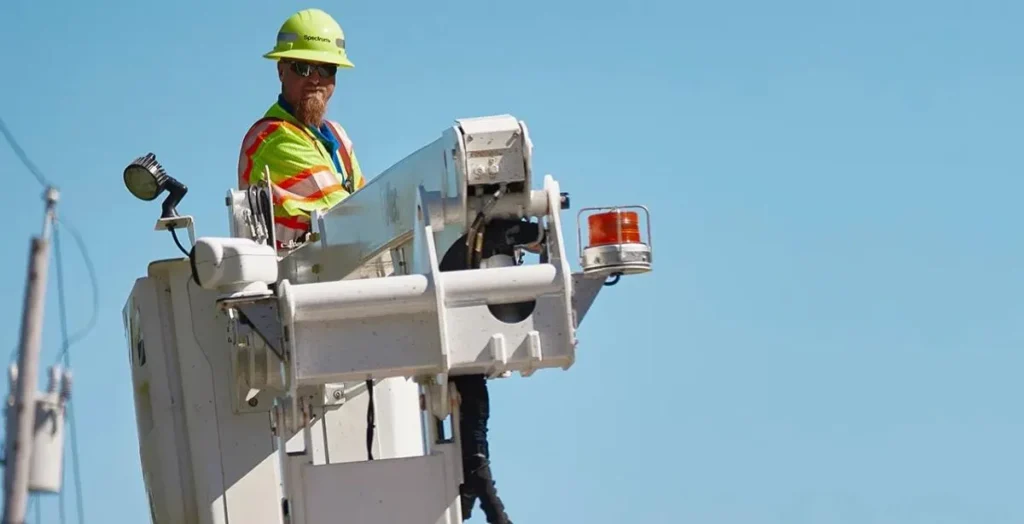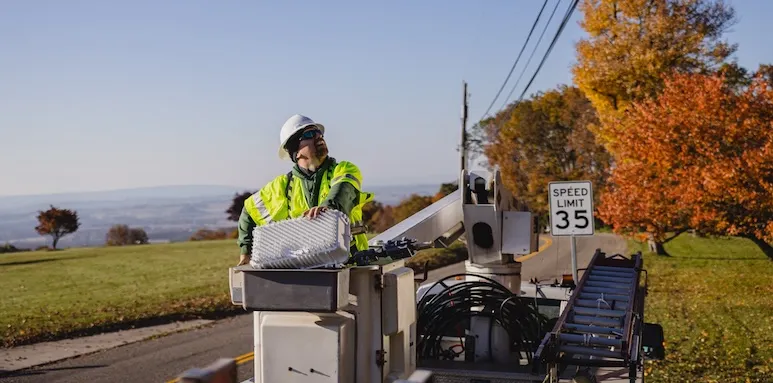Today is Earth Day, and the timing could not have worked out better to celebrate and recognize a hugely successful energy efficiency program that has already saved consumers $7 billion in energy costs. The program is the award-winning, “Voluntary Agreement for Ongoing Improvement to the Energy Efficiency of Set-Top Boxes,” between all of the major cable, satellite and telco multichannel video programming distributors, manufacturers of set-top boxes, and leading energy efficiency advocates the Natural Resources Defense Council (NRDC) and American Council for an Energy-Efficient Economy (ACEEE). The agreement was just extended for a third time and its $7 billion in energy savings translate to 39 million metric tons of CO2 avoided by the end of 2019.
“The Department of Energy (DOE) welcomes the extension of the set-top box voluntary agreement and supports the continued efforts of our industry partners to improve the energy efficiency of these products and save consumers money on their energy bills,” said Dr. Kathleen Hogan, Acting Under Secretary for Science and Energy. “DOE appreciates the commitment by CTA and NCTA to study the impacts of the growth of cloud-based streaming services on electricity use across America and looks forward to future advances in energy-efficient technologies in this area.”
The voluntary agreement, which was initially adopted in 2012 through the coordinated efforts of NCTA and the Consumer Technology Association (CTA), has been extended through 2025 and includes even more rigorous energy-efficiency commitments starting in 2023. By the end of the new agreement’s term, the total energy used by set-top boxes in the United States is projected to be only one third of the energy that was used in 2012. The new commitments in the agreement aim to cut power levels for Internet Protocol (IP) set-top boxes—which are becoming the most common set-top box type in evolving video distribution architectures—by approximately 43% from the agreement’s previous levels.
“The ongoing incremental energy efficiency improvements by the pay-TV industry and set-top box manufacturers translate to a very satisfying trifecta—reduced energy use, avoided carbon emissions, and lower customer utility bills,” said Noah Horowitz, senior scientist at NRDC. “Going forward, we anticipate many customers will be able to get rid of their set-top boxes entirely and access content directly through an app installed on their TV, which will lead to even greater savings.”
Jennifer Amann, ACEEE buildings program director, said, “We look forward to tracking the industry’s progress in meeting their efficiency commitments and seeing the overall consumer and environmental benefits of the transition to IP video distribution.”
“The flexibility of the agreement has enabled it to succeed during a period of unprecedented change and innovation in the video market,” said Neal Goldberg, NCTA’s general counsel. “It has encouraged new technologies and approaches that have led to even greater savings while also delivering new and better services to consumers.”
Signatories of the set-top box voluntary agreement include all major multichannel pay-TV providers including Comcast, Charter, Cox, AT&T/DIRECTV, DISH, Verizon, Altice, and Frontier, major manufacturers CommScope and Technicolor, and energy efficiency advocates NRDC and ACEEE.
Under a second voluntary agreement for home internet equipment (e.g., cable modems and routers) supported by cable and other internet service providers and equipment manufacturers, idle-mode energy use of such devices relative to average broadband speed has decreased by 66% since 2015. NCTA, CTA and CableLabs® play leading roles in supporting the ongoing implementation of these voluntary agreements.
As millions of Americans celebrate and promote sustainability today, the cable industry continues to support energy conservation every day of the year by implementing energy efficient solutions and setting high expectations for optimizing energy efficiency. The voluntary agreements are one important way that the industry has contributed to protecting the environment by decreasing energy footprints in consumer homes.
For more information on the industry’s energy saving voluntary agreements, go to: https://www.energy-efficiency.us/.








